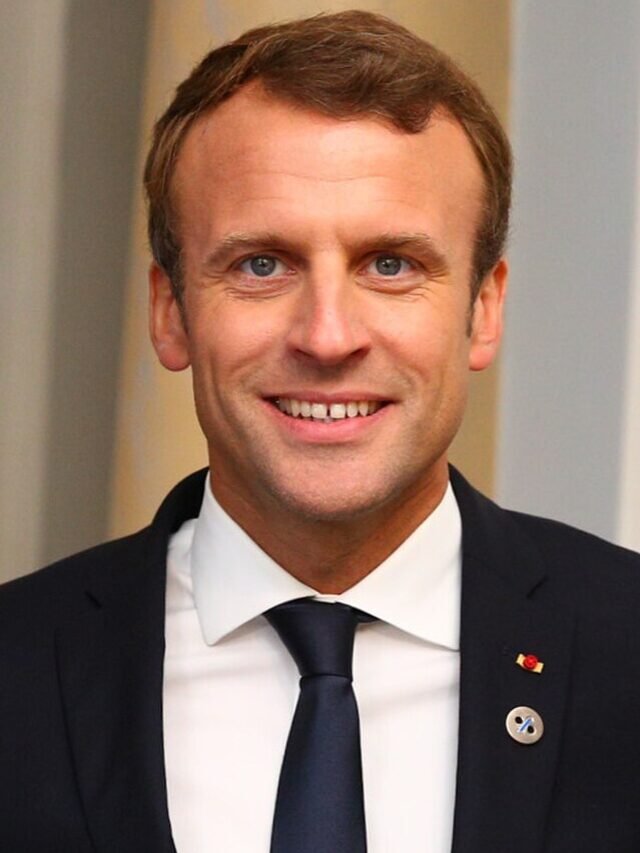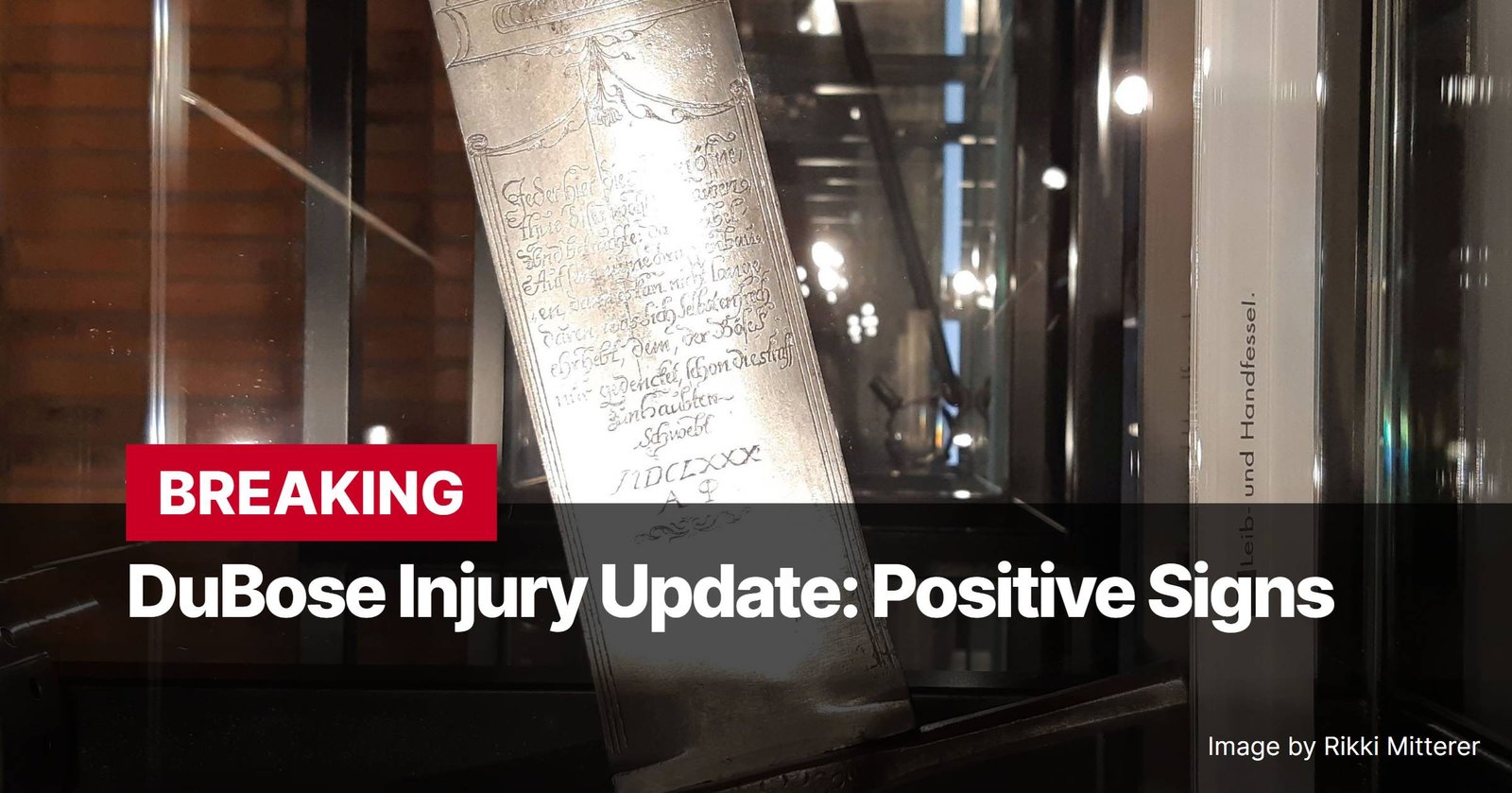The quaint French village of Mazan has become the unlikely epicenter of a harrowing legal drama that has gripped the nation and ignited a fierce debate about rape culture in France. At the heart of this storm is Dominique Pelicot, a 71-year-old retired electrician, who stands accused of orchestrating the systematic rape of his wife, Gisèle, over a decade.
A Decade of Abuse Uncovered
The shocking details of the case came to light after Dominique Pelicot’s arrest in September 2020 on unrelated charges of voyeurism. Investigators, acting on suspicions, searched the Pelicot home and unearthed a trove of over 20,000 photos and videos documenting years of sexual assaults on Gisèle Pelicot. These images revealed a horrific pattern of abuse, where Dominique Pelicot would allegedly drug his wife with antidepressants and then invite men he met online to rape her while she was unconscious.
The trial, which began in early September in Avignon, involves 51 defendants, including Dominique Pelicot and 50 men who allegedly participated in the assaults. The case has sent shockwaves through France, prompting widespread outrage and demands for systemic change in how the country addresses sexual violence.
Dominique Pelicot’s Confession and Testimony
After a brief absence from court due to illness, Dominique Pelicot took the stand on Tuesday, September 17th, and confessed to the charges against him. In a dramatic courtroom scene, he admitted to being a rapist and acknowledged that the men involved knew they were participating in non-consensual acts. He expressed remorse for his actions, stating that his wife did not deserve what he had done.
Pelicot’s testimony also shed light on his troubled past, including a childhood sexual assault. He described his actions as driven by addiction and a need for control. His lawyer emphasized that Pelicot was determined to share his truth and acknowledge the harm he had caused.
Gisèle Pelicot: A Symbol of Resilience
Gisèle Pelicot, who has waived her right to anonymity, has emerged as a powerful symbol of resilience in the face of unimaginable trauma. She has attended every court session, maintaining a composed and determined demeanor. In her own testimony, she described the profound impact the abuse has had on her life, stating that she no longer has an identity and feels like her life has been reduced to rubble.
Gisèle Pelicot’s courage has resonated with many in France, sparking a wave of solidarity and support. Thousands of people have rallied in cities across the country, demanding justice for her and calling for a deeper examination of rape culture in France.
A National Conversation on Rape Culture
The Pelicot trial has ignited a crucial conversation about the prevalence of sexual violence and the societal attitudes that enable it. Women’s rights activists argue that the case highlights a “rape culture” in France, where sexism and misogyny are deeply ingrained, and victims of sexual assault often face skepticism and blame.
They point to the alarmingly low prosecution rate for rape cases in France, with only 6% of complaints leading to prosecution, as evidence of a systemic failure to take sexual violence seriously. Activists also emphasize the need for greater awareness and education about consent, as well as stronger support systems for victims.
The Trial’s Wider Implications

The Pelicot trial is expected to continue for several months. The outcome of the case will undoubtedly have significant legal and societal ramifications. Beyond the individual verdicts, the trial has already served as a catalyst for change, prompting a national conversation about the urgent need to address rape culture in France.
The case has also highlighted the challenges of prosecuting sexual assault cases, particularly when the victim has been drugged. The testimony of the defendants, many of whom claim they believed Gisèle Pelicot was a willing participant, has raised complex questions about consent and accountability.
The Pelicot trial is a watershed moment for France. It has exposed the dark underbelly of a seemingly idyllic village and forced the nation to confront uncomfortable truths about sexual violence and the insidious nature of rape culture. While the trial’s outcome remains uncertain, its impact on the national conversation about sexual violence is undeniable. It is a stark reminder that the fight for gender equality and justice is far from over.



















